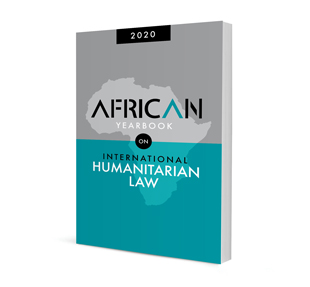
Rights enforcement in the African Human Rights Court: Restrictiveness, progressivity and resistance
Author: Lilian Chenwi
ISSN: 2521-2621
Affiliations: LLB, LLM, LLD, dip IPHU. Professor, School of Law, University of the Witwatersrand
Source: African Yearbook on International Humanitarian Law, 2020, p. 15 – 43
https://doi.org/10.47348/AYIH/2020/a2
Abstract
Africa is characterised by, inter alia, oppressive political systems, a culture of impunity of those who govern, and the use of state sovereignty mantra in the face of gross and systematic rights violations. Yet, African states have, through the establishment of the African Human Rights Court, created an avenue for judicial scrutiny of their laws and executive action that affect human rights. While the Court holds great promise in relation to fighting impunity and the provision of effective remedies for rights violations, ensuring respect for human rights, and fostering Africa’s quest for good governance, development and regional integration, it operates amidst state resistance and other complexities, which threaten its effectiveness and existence. This article considers whether, against this background, the Court has shown restrictiveness or progressivity in its enforcement of rights.